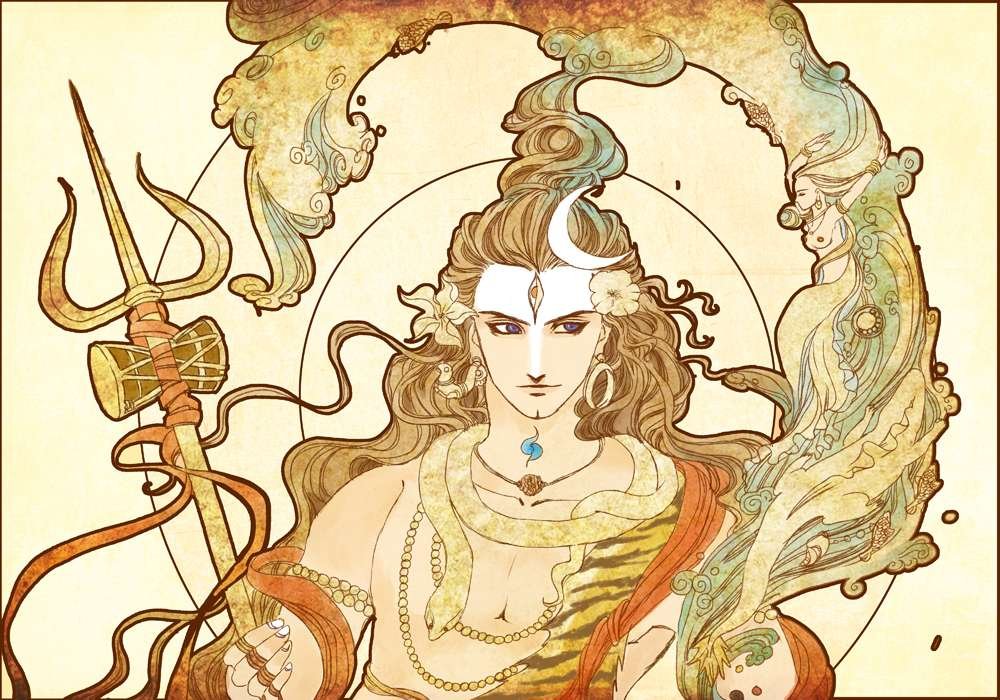
Tantra and Yoga are both ancient Indian practices that aim to achieve spiritual, physical, and mental well-being. While there is some overlap between the two practices, there are also significant differences.
Yoga is a practice that involves physical postures (asanas), breathing techniques (pranayama), and meditation to improve physical and mental health. The aim of yoga is to unite the mind, body, and spirit, and to achieve a state of tranquility and inner peace. There are many different styles of yoga, including Hatha, Vinyasa, and Ashtanga.
Tantra, on the other hand, is a spiritual practice that originated in India around the same time as yoga. Tantra is a holistic approach to spirituality that includes rituals, mantra chanting, visualization, and meditation. It aims to integrate all aspects of life, including the physical, emotional, and spiritual, in order to achieve spiritual enlightenment.
While yoga primarily focuses on physical and mental health, tantra is a more spiritual practice that aims to integrate all aspects of life, including sexuality and relationships, into a path towards spiritual enlightenment. Tantra also places a greater emphasis on the role of a guru or teacher in guiding the practitioner on their spiritual journey.
Overall, while both practices aim to achieve spiritual growth and well-being, yoga is more focused on physical and mental health, while tantra is a more holistic approach to spirituality that includes physical, emotional, and spiritual elements.
Which is better for a family man? yoga or tantra?
Whether Yoga or Tantra is better for a family man depends on the individual’s personal goals and preferences.
Yoga can be an excellent choice for a family man who is looking to improve his physical and mental health. The practice of yoga can help reduce stress, increase flexibility, build strength, and improve overall well-being, which can be beneficial for both the individual and their family. Many yoga classes are also designed to be accessible to people of all ages and fitness levels, so it can be a great way for the whole family to stay active and healthy together.
Tantra, on the other hand, is a more spiritual practice that includes a wider range of practices beyond just physical postures and breathing exercises. Tantra can involve meditation, visualization, mantra chanting, and other spiritual practices, and may focus on aspects of life beyond just physical health. For some individuals, tantra can be a powerful path towards spiritual growth and personal transformation.
Ultimately, the choice between yoga and tantra depends on the individual’s goals and preferences. A family man who is primarily interested in improving his physical and mental health may find that yoga is the best choice, while someone who is seeking a more holistic approach to spirituality may find that tantra is a better fit. It is important to do research and explore different practices to find the one that resonates with you and your goals.
What are the misconceptions about tantra?
Tantra has often been misunderstood and misrepresented in popular culture, leading to several misconceptions about the practice. Some of these misconceptions include:
- Tantra is only about sex: One of the most common misconceptions about tantra is that it is only about sex. While sexuality is a part of tantra, it is only a small part of a much larger spiritual practice. Tantra is a holistic approach to spirituality that aims to integrate all aspects of life, including physical, emotional, and spiritual.
- Tantra is only for men: Another misconception is that tantra is only for men. In fact, both men and women can practice tantra and benefit from its teachings.
- Tantra is dangerous or harmful: There is a belief that tantra involves dangerous or harmful practices, such as black magic or sexual exploitation. While there have been cases of misuse of tantra, these practices are not a part of authentic tantric teachings.
- Tantra is a quick fix for spiritual enlightenment: Some people believe that practicing tantra can lead to quick and easy spiritual enlightenment. However, like any spiritual practice, tantra requires dedication, discipline, and a long-term commitment to achieve lasting transformation.
- Tantra is incompatible with traditional religions: There is a misconception that tantra is incompatible with traditional religions, such as Hinduism or Buddhism. However, tantra can be practiced within the context of many different spiritual traditions.
Overall, it is important to recognize that these misconceptions do not accurately reflect the true nature of tantra. Tantra is a complex and multifaceted spiritual practice that requires deep study, practice, and dedication to fully understand and benefit from its teachings.
Article written By Amitabh
